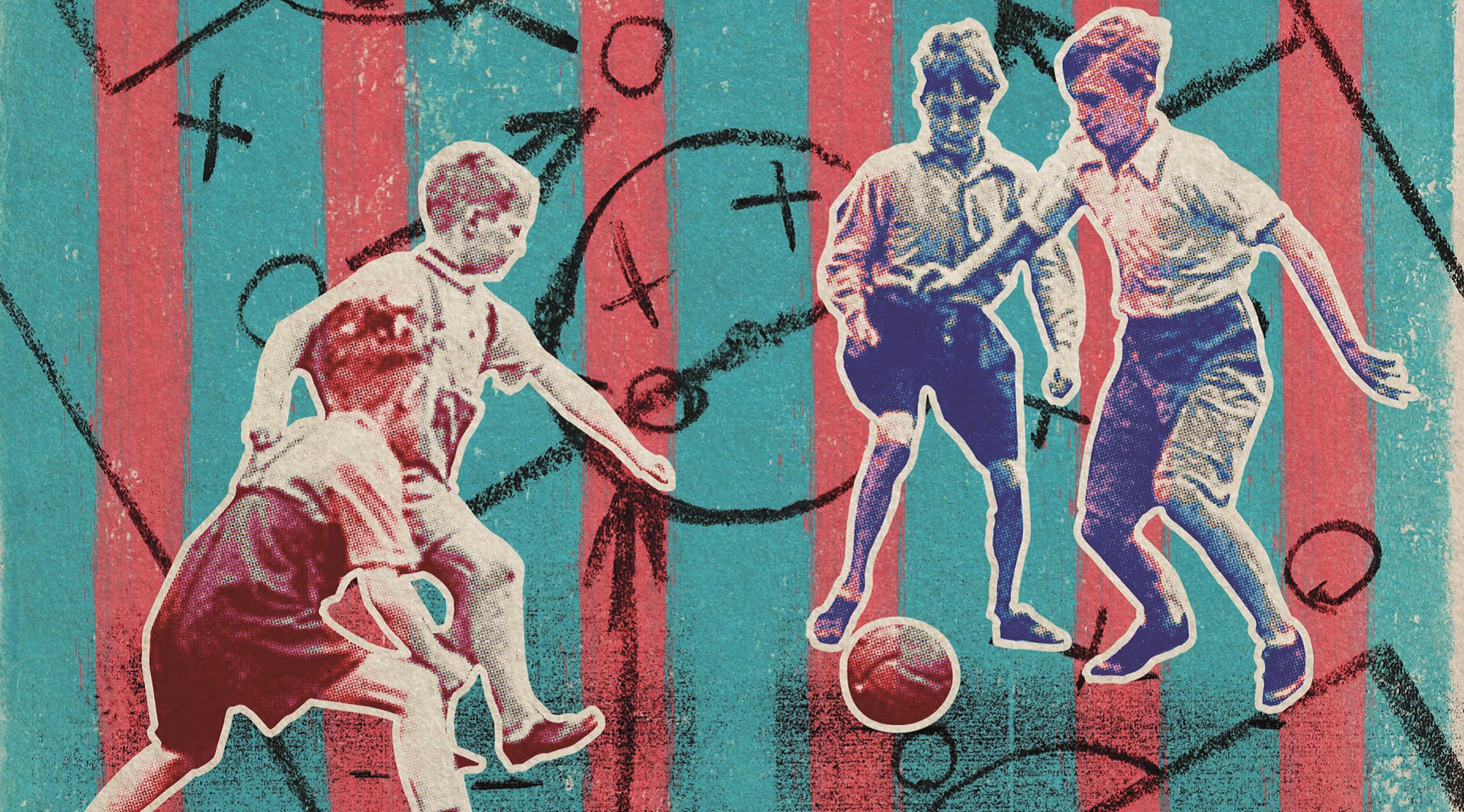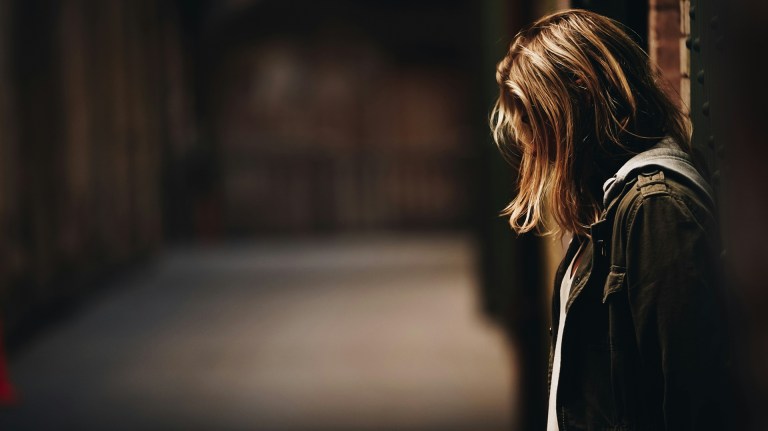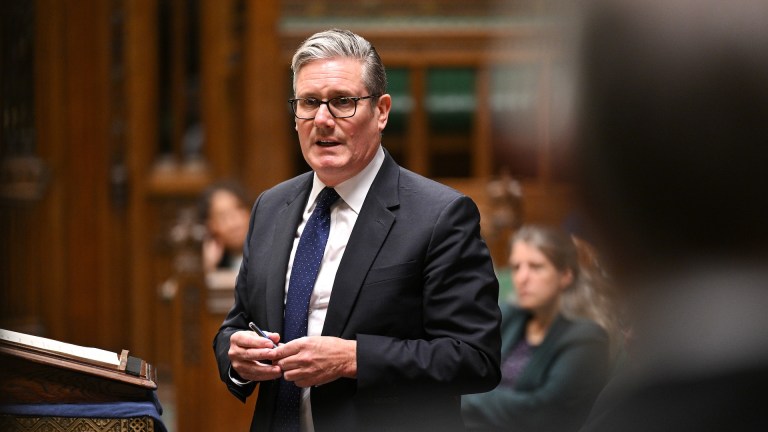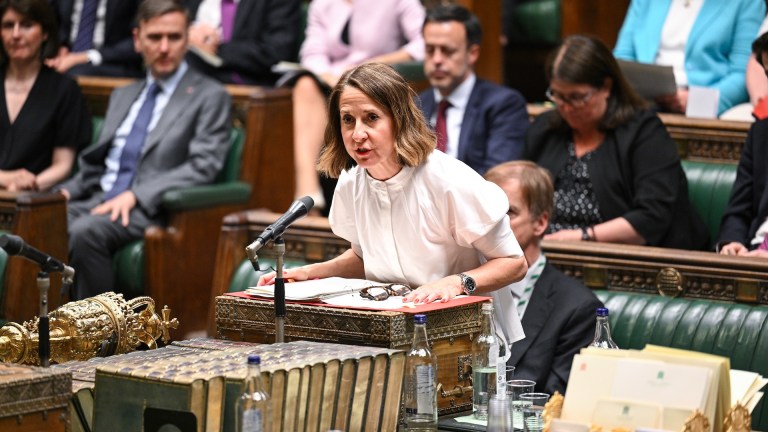Once upon a time – half a century ago – I had an uncomplicated relationship with football. It was the unrivalled sport of the masses; it gave a cloistered, emotionally insecure boy the apparent chance to connect with society as a whole; I went as often as I could to watch my team, Aldershot, stalwarts of the old Fourth Division; and, more than anything, football seemed a world away from the constipated snobberies of the rugby-playing public school where I spent much of the 1960s.
The love affair was embodied in the pages of Soccer Digest, the magazine I co-founded in 1968 with a couple of like-minded school friends. We had a hundred or so external subscribers (including the famous philosopher AJ Ayer), it ran for a handful of issues, and my editorials lacked nothing in high-minded solemnity. A typical one, about media coverage of the game, lamented “the paucity of intelligent comment and analysis that there is available for the devotee whose horizons extend beyond the fortunes of the team he happens to support”. I of course was that devotee: not just of the Shots, but of football itself, which I unhesitatingly identified with the forces of anti-establishment progress towards a fairer and better world.
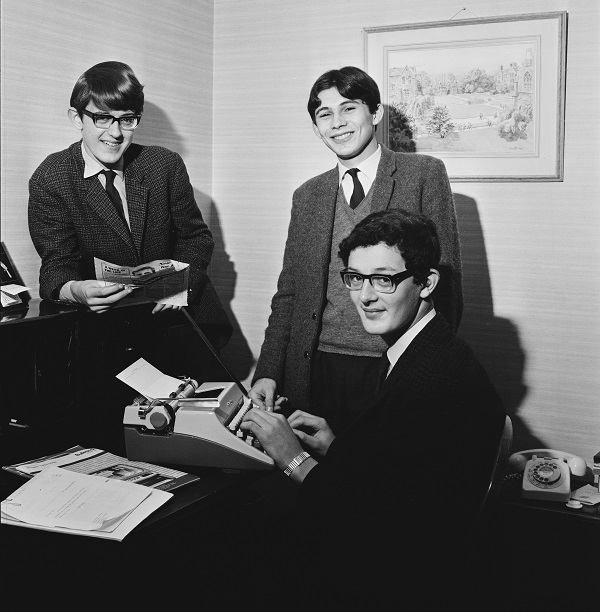
That remained my default position through university (an Oxford education full of non-rugby-playing constipated snobberies), before something changed in the mid 1970s. My emotional attachment to the Shots never faltered, but quite suddenly – perhaps echoing my disenchantment with the Labour governments of Harold Wilson and Jim Callaghan, and doubtless also some internal turmoil of my own – I started to see football more generally as a kind of swindle, wasting too much of people’s time, including my own, and no longer to be taken on its own self-aggrandising terms. I’ve a memory of watching on TV the 1977 FA Cup final between Liverpool and Manchester United in a completely grumpy, disaffected mood. For football and me, it would never be glad confident morning again.
The nadir of our relationship came in May 1985, as three events happened in quick succession: the dreadful fire at Bradford City, killing 56 spectators; the birth of a first child; and the dreadful events at Heysel, as 39 spectators (mainly Juventus fans) died. It was a truly traumatic time for the game. I remember the Financial Times speculating whether, as with cockfighting in the early-19th century, the time had come to ban professional football as a spectator sport; and I also remember feeling grateful that at this particular moment we had had a girl, not a boy.
Very gradually during the 1990s and beyond, some of the old juices started to revive. The enthusiasm of my two sons for the game, many hours on the touchline watching them in school matches, getting to see the Shots a bit more often – I began to feel that I was still in some irrevocable sense a football person. The title of a Van Morrison album, It’s Too Late to Stop Now, persistently played through my head. But for top football, the world by now of the Premiership, I was unable to rekindle the flame. It is easy to over-analyse the end of any affair, but I think over the last quarter of a century there have been three main reasons for my coldness, shading at times into outright hostility.
Starting inevitably with money. Back in 1997, five years after the formation of the breakaway Premier League and its lucrative deal with Sky, the title of a report by investment bank UBS on the industry – UK Football plc: The Winners Take It All – could hardly have been more graphic. A game had become a business; footballing glory still mattered, but the bottom line mattered even more; and financial power was increasingly concentrated in an oligopoly of top clubs. All those trends have intensified in the last two decades, pricing out many working-class supporters, making a mockery of the notion of a level playing field between clubs, and whether it is transfer fees or agents’ cuts or players’ salaries or rapacious merchandising it all shouts “money” – which, as Bob Dylan noted those many years ago, doesn’t just talk, but swears. In an era of foodbanks, of underpaid frontline workers, of growing inequality, of imminent mass unemployment, it is hard not to find the whole thing obscene.
